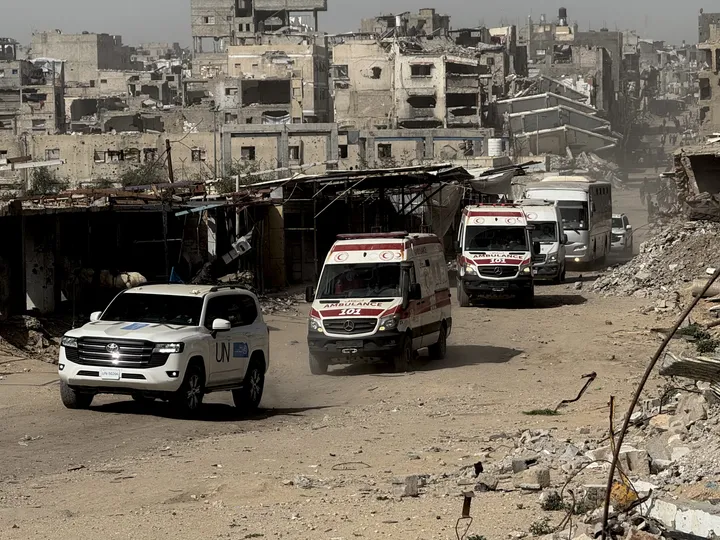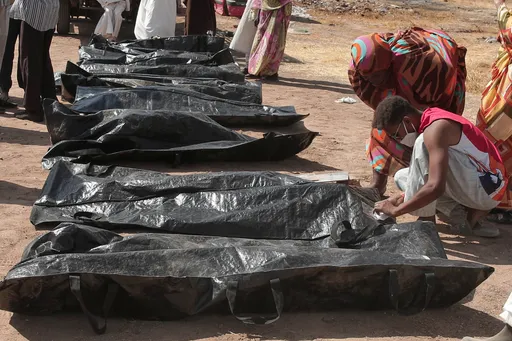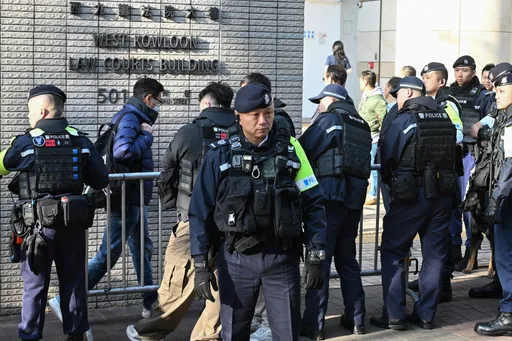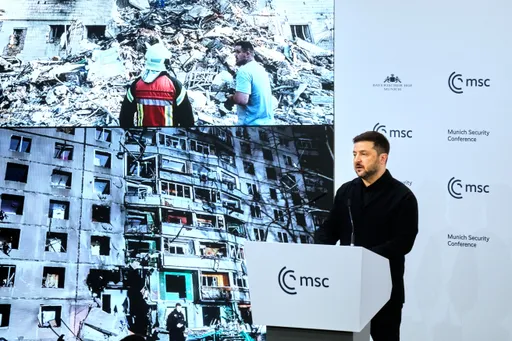As the world marks International Women’s Day on March 8, tens of thousands of Palestinian women in Gaza are struggling to survive in inhumane conditions with few clothes to wear, no privacy, and almost nothing to eat.
If the spectre of death, destruction, and disease amidst Israel’s continuous bombings is not enough to make their lives any harder then in recent days Israeli male soldiers have been rampaging around their personal belongings and showing them off to the world.
So numerous are the instances of this disturbing trend that experts say it has necessitated recognition as a new textbook example of sexual harassment perpetrated by an oppressing force.
In one picture posted on X a few days back, two male Israeli soldiers pose gleefully, with one wearing a bikini and the other making suggestive gestures.
In a video, a soldier records himself walking casually through the rubble of a demolished house and then zooming on a woman’s underwear.
There are images of an Israeli soldier posing in front of a wall adorned with various women's lingerie - a scene he used as a profile picture on the dating app Tinder.
Earlier this week, the UN spokesperson Stephane Dujarric acknowledged having seen some of the reports of the Israeli military’s abuse and called for a prompt investigation.
"They're extremely disturbing indeed," he said about the images. "And they need to be swiftly investigated by the Israeli authorities."
Women in Gaza either find it challenging to comment on this trend amidst larger issues such as displacement and shortage of food and medicines, or they demonstrate signs of becoming desensitised.
“My feeling about the pictures we see is a feeling of helplessness and disappointment from those around us who hear and see everything we call for, and no one has been able to change anything about our situation,” says 20-year-old Nour who has taken shelter in Rafah along with more than a million refugees.
She was on the verge of getting married, with all preparations completed when the war broke out.
“I witnessed soldiers ravaging our properties, and while I'm saddened, I'm not surprised, given that this army has destroyed everything. They desecrated mosques, demolished hospitals, arrested doctors, targeted bakeries, and are now killing people attempting to receive aid. What more can we expect from such a brutal army?” says another woman from Gaza who prefers to stay anonymous.
“They lack values and ethics. Stealing our belongings and displaying undergarments is a continuation of their immorality and rudeness,” she says.
A wider impact
The irony is that so much death and destruction is befalling the Palestinian women that they haven’t had the time to register the impact of the insults related to the public display of their undergarments, experts say.
What the Israeli soldiers do with the women’s personal belongings is only the tip of the iceberg and the surface of what’s happening in women’s everyday realities, Palestinian activist and academic Dr Maisa Shquier tells TRT World.
Decades before the war broke out on October 7, author Nadera Shalhoub-Kevorkian introduced the concept of the "weaponization" of female bodies in the Palestine-Israel conflict, underscoring the treatment of women as instruments of political and military agendas.
“In a conservative culture like Palestine, these items are very private. So when they have photos with them, it is an invasion of the most private sphere of anyone's life, an ultimate level of insult,” says Shquier.
More than men, Palestinian women have suffered under Israeli occupation, shouldering the burden of conservative societies where their experiences are always reduced to matters of "honour."
That is why violence against women has a ripple effect on the emotional state of the Palestinian community, a tactic frequently employed by Israeli forces, experts say.
Shquier says sexual violence is a fundamental part of settler colonial rule enforced by Israel on the Palestinians.
Palestinian women pose a particular challenge to the Israeli aim to take over Palestinian land as it’s a woman who gives birth and she’s the one who shapes the world view of her kids in their formative stage, Shquier adds.
A recent UN report on Gaza documented multiple forms of sexual assault, including rape, threats of rape, and sexual violence.
There are also allegations that Israeli soldiers took photos of female detainees in degrading circumstances and an unknown number of Palestinian women, children, and girls have reportedly gone missing.
Clinical psychologist Dr Betul Nesibe Ozkars says the photographs displaying undergarments are a clear example of sexual abuse and harassment and constitute a serious threat to Palestinian women.
"This act resonates with these women, signalling that oppressors can violate their boundaries, invade their homes while they're absent, and expose private items that they may not have chosen to share even with their closest ones."
Despite the harassment and health issues they face, modesty stops Palestinian women from talking about it openly.
The military's use of sexuality as a weapon of war and as a tool to weaken the other side's power, leads women to perceive their femininity as a weakness that they then try to conceal. Eventually, the women perceive their femininity as a vulnerable point that can be targeted to weaken their community and people, Dr Ozkars tells TRT World.
“Normally, after any sexual abuse, it is possible for the women to dissociate from their body, experience mental disconnection, and have a disruption in their relationship with their femininity and sexuality.”
Aside from the physical abuse, the act of exposing their private belongings sends a clear message: "Even if you are not physically present, I can continue to sexually abuse you."























